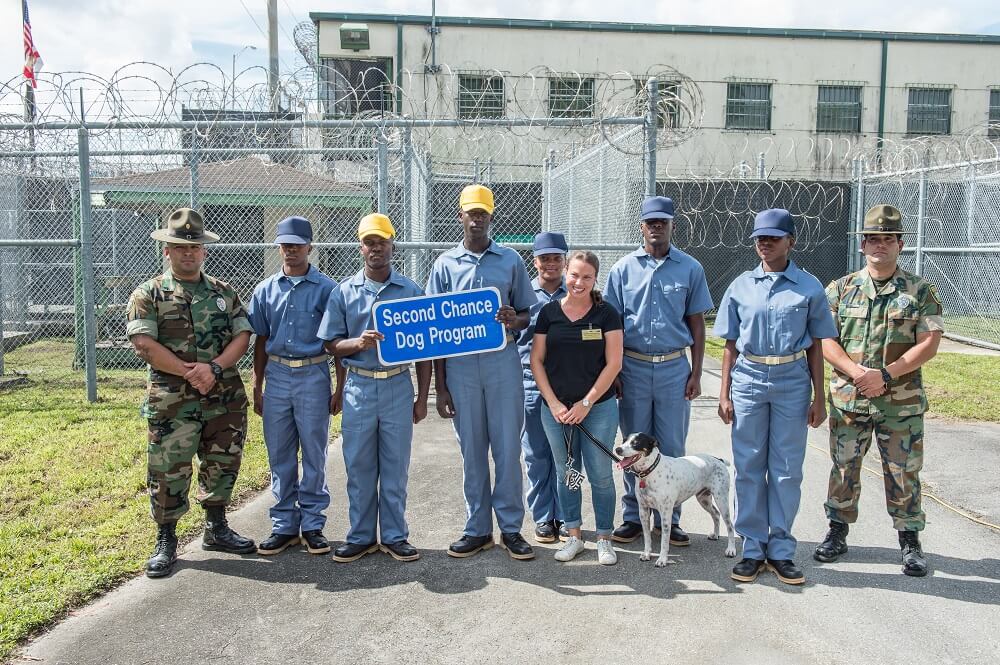4.3: Improve correctional services and prepare incarcerated people for successful re-entry to prevent recidivism
Issue Statement and Context
We know that our County is safer when people exiting our correctional facilities can re-enter their communities and rebuild their futures. But re-entry needs are complex. And though programs exist that serve the re-entry community – on matters of education, employment, housing, health, and accessing childcare and other benefits – there are still far too many people that are falling through the cracks of this system. Services need to be targeted earlier and be more tailored. As a whole, the system of social supports available to this population requires significant growth and transformation.
One of the crucial early opportunities the County has is in how we match people in jail to services and programs that prepare them for a successful transition back into their communities. To build toward that vision, the Miami-Dade Corrections and Rehabilitation Department (MDCR) created “Transition Fairs,” quarterly events modeled after similar programs in the federal correctional system that bring together providers to offer an array of services to residents. Transition Fairs typically include CareerSource of South Florida, housing agencies, and information on benefits. Another notable County program is the multi-session employability skills program for 14–24 -year-olds.

Detailed Action Summary
Provide all people exiting the criminal justice system with the tools and resources they need to have their basic needs met and to reduce recidivism. Identify ways to establish creative new partnerships with providers to enhance existing programs and create more tailored matching of programs to resident needs.
- Enhance training for County staff that work with incarcerated individuals to include trauma-informed care and on the full scope of services available to individuals returning to the community. Leverage MDCR’s existing certified trauma-informed instructors.
- Engage formerly incarcerated people who have successfully reintegrated in defining how social services can be more effectively delivered to soon-to-be-released inmates.
- Develop assessments to better match people to re-entry programs and services. Take a strength-based approach to assessments to help residents match with programs that build upon individual skills, experiences, and support systems.
- Enhance Transition Fairs so they provide more tailored experiences for residents. Use the information from the assessments to curate services and actively match people to those services. Incorporate the No Wrong Door liaisons and “One-Stop” service hubs programming into Transition Fairs to support residents in shoring up family and community support networks.
- Partner with Miami Dade College (MDC) to create an "Employment Lab” with robust, multi-session programs teaching employability skills and actively matching residents with employers. Partnering with MDC is a strong way to have residents start building credit toward a degree on the outside. Enhance partnership with Miami-Dade County Public Schools by leveraging its existing technical and vocational schools to expand opportunities for justice-involved people for gainful long-term employment.
- In partnership with CareerSource, expand commitments from employers that already have programs for ex-offenders to participate in a job placement partnership.
- Work with the Courts to establish new ways to use the court reporting process to motivate people who have recently re-entered to connect with services.
- Facilitate ongoing mental health and drug abuse rehab services.
